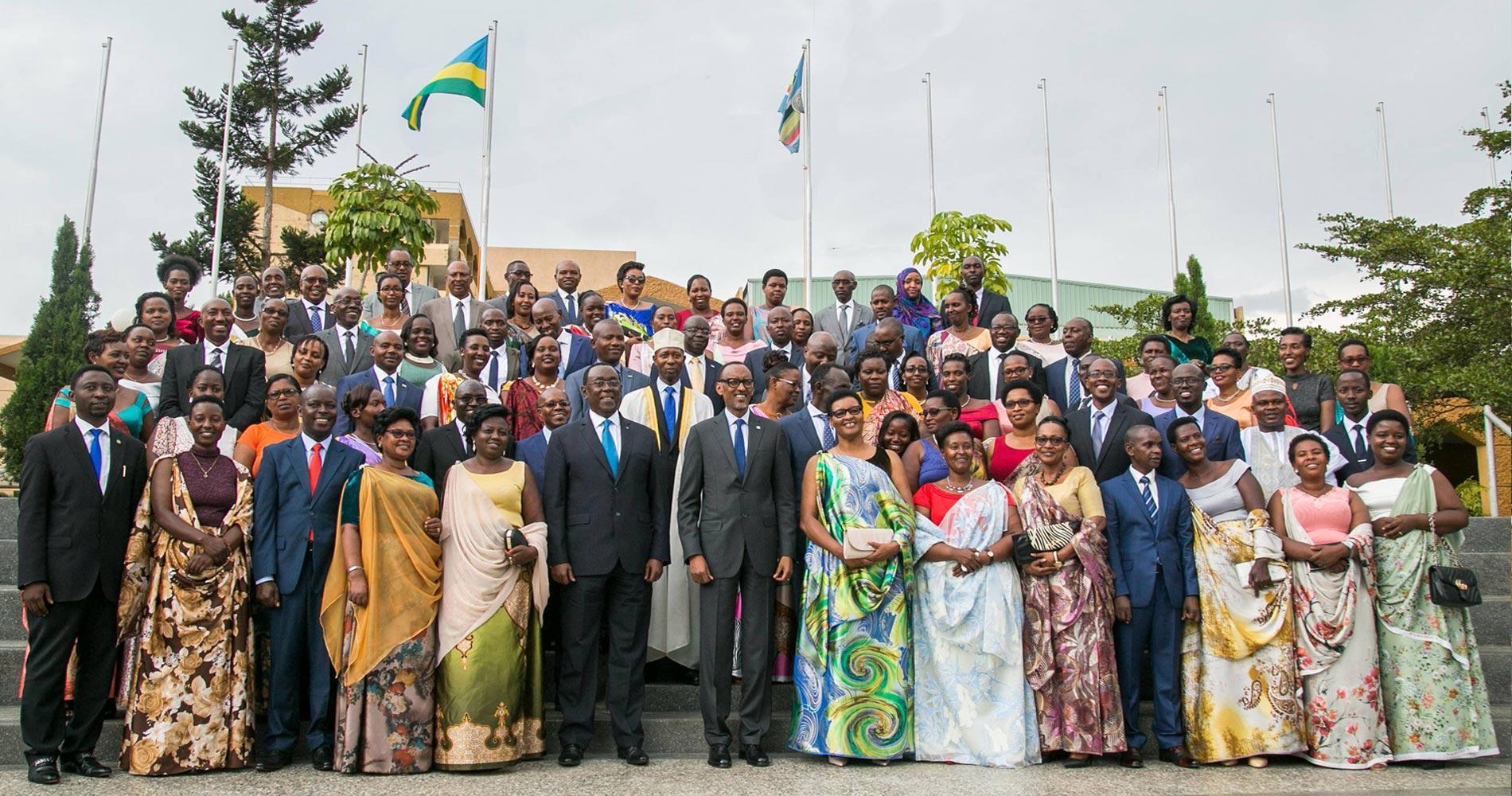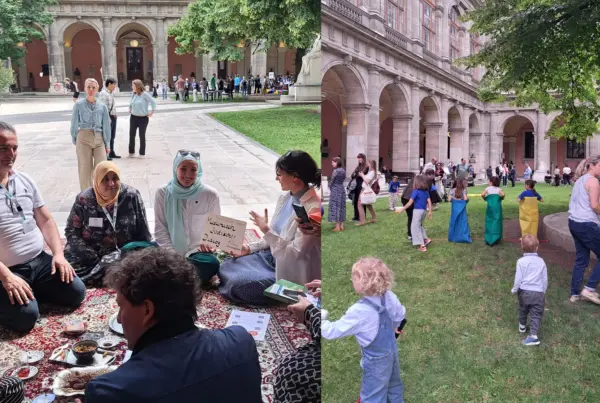Despite having experienced genocide, Rwanda, through a combination of a forward-thinking President and an engaged female population, has taken the initiative to build itself gradually into the number one country for gender equality.
Daniella Vanova, 16 March 2023
The World Economic Forum’s annual Global Gender Gap Report is the definitive benchmark analyzing gender parity across four key dimensions: economic participation and opportunity; educational attainment; health and survival; and political empowerment. First published in 2006, the Report is the oldest index tracking the progress of gender equality. The latest 2022 Report ranked 146 countries.
How it is possible that Rwanda, an African nation that has experienced genocide, achieved first place among countries attempting to advance their gender equality narrative?
UN Women, the United Nations organization working to improve gender equality and the empowerment of women, supports UN Member States in setting global standards and delivering programs, policies, laws, and services. According to UN Women, Rwanda’s success is due to strong political commitment and institutional level accountability for gender equality. This encompasses, i.a., equal participation in political life, equal pay, equal sharing of unpaid care and domestic work, and an end to sexual harassment.
In Rwanda’s government, specifically within Parliament, women currently hold more than half the seats, a statistic unsurpassed by any other country. However, feminism, the ideology and quest for gender equality, is not viewed as positively as one might suppose.
Pre-genocide, feminism in Rwanda had a negative connotation. Furthermore, it was unheard of for a woman to take a job outside of her home. This predominantly stemmed from women lacking opportunities for education, coupled with little to no expectation for a woman to pursue a career. Therefore, being a “feminist” was difficult. A manifestation of this negative connotation is that the movement in Rwandan terms was characterized as wanting to be “American” or acting like an “American”. In other words, shorthand for being too aggressive, too liberated, too selfish. This message, directed at women identifying as feminists, propagated the opinion that the feminist mindset was selfish, self-serving, and not for the good of the country. Some women were told “You don’t belong in Rwanda” and “You don’t even belong in Africa!”
After the Rwandan genocide in 1994, the nation pushed for equal opportunity between the genders. Shortly after 1994, the call for equality was not initiated by a woman, but by one man – Rwanda’s President Paul Kagame. He saw that Rwanda was in total shambles and that a male-only labor force would not be sufficient to reconstruct a demolished Rwanda. This decision not only facilitated a restructuring of Rwanda’s infrastructure but also was seen as a turning point in their political position on gender equality, which other countries have attempted to follow.
Since many men were killed during the genocide, Rwanda was left with a predominantly female population (70%), so women stepped up. Their labor went from cleaning buildings to restructuring them, implementing education programs for youth and taking care of orphaned children while prioritizing security and health for all.
Kagame vowed that he would not just play catch-up but would leapfrog ahead of the West. But as powerful as Kagame intended his new set of policies to be, he did not realize the level of success they would achieve. With a powerful female force in Parliament, the government also advocated the encouragement of girls’ education, and the appointment of women into leadership roles – actions which, if successful, would directly impact two of the four dimensions measured by the Global Gender Gap report. In 2003, the country’s new Constitution decreed that 30% of parliamentary seats be reserved for women.
Rwanda’s Chamber of Deputies in 2008 became the very first elected national parliament where women were the majority. The current global average of female Members of Parliament is 26.4%, in comparison to 61.25% in Rwanda. Many believe that the political change from top down was only possible because of the will and nature of Rwanda’s leadership. Women’s participation in Rwanda’s economy continues to grow. This is also due to their educational achievements and their access to affordable health care. Related to this is the decline of maternal mortality rates.
According to the World Bank, Rwanda has had an average economic growth of 7.2% between 2009 and 2019, while its GDP has grown at a rate of 5%. Although the COVID pandemic caused the GDP to drop to 3,4%, it has bounced back to 6,7% in 2021. Rwanda has enjoyed a consistent economic growth, which has led to an increase in the standard of living of all Rwandans.
Most importantly, real change takes time and patience. To implement policies properly, there are no shortcuts. Taking shortcuts may fill the void in the short term, but soon problems left unaddressed will have to be dealt with—which the next generation will also need to address.
The courage of Rwanda’s women and their will to rebuild their nation now serve as an important and unique example for other countries to follow.







